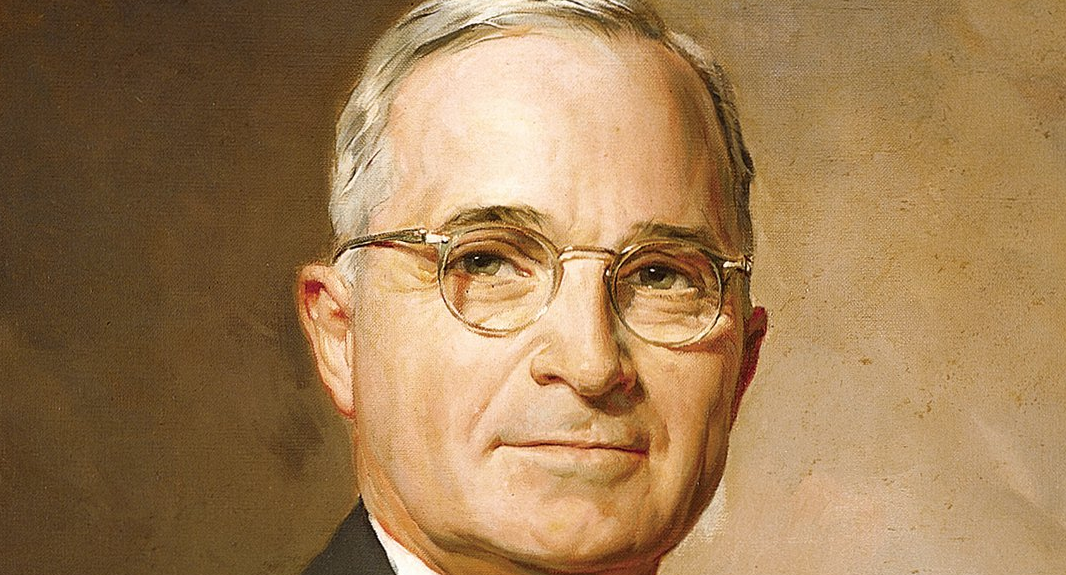“I was only 15 when I joined the Marines. Like all of the young men at the time, I thought war was extremely glorious. But it seemed like the war was coming to an end soon, and people my age weren’t going to be able to participate in it. So three of us joined the Marines and what we didn’t know at the time was that they were expecting quite a slaughter with the invasion of Japan. Anybody that was dumb enough to sign up, no matter what their age was, was taken because they needed cannon fodder.”
***
Bob Enander is 86 years old these days. Along with his wife, Patricia, he enjoys the heat and generous amount of sun his home in Sarasota, Florida attracts — a far cry from his native Chicago, and he isn’t shy when it comes to telling a reporter about the journey he took from enlisting in the United States Marine Corps, barely a teenager at the time, to his fruitful career in the U.S. Air Force all the way to his 35 years as a pilot for United.
“I was only six weeks in the states when I was sent to Okinawa with an assault team, and we were waiting for the invasion. We did the rest of our training there in preparation. But then they dropped what we, at the time, heard was a super bomb. Nobody had heard of atomic or nuclear bombs. Two days later, they dropped the second one.”
“We were a little disappointed, being the idiots we were, because we had looked forward to action. I had no idea about the horrors of war. None of us did. Hollywood did a beautiful job of never revealing the horrors of war to the American people. As a young, impressionable teenager, war looked so glorious to me.”
“Later in life, I realized how fortunate I was not to have to fight. Harry Truman became my idol because, in all likelihood, he saved my life. They were talking about one million casualties (more casualties than we had experienced in Europe and all of the Pacific up to then).”
“So we stayed there another month and they got a couple of aircraft carriers and started shipping everybody back to the states. Because there were so many people, it took about eight months for me to even be released. I was discharged in 1946.”
Enander says he tried to get his degree in civil engineering at the University of Illinois but, in his third year attending, his GI Bill ran out. Back against the wall, he decided to jump back into the military, this time with the U.S. Air Force in 1950. He trained in Texas and in Louisiana.
He was discharged in 1955.
“After that, United Airlines recruited me and I started flying Douglas and Boeing airliners. I flew for them for 35 years, and I usually flew the Chicago-Hawaii route. I would go on Tuesdays, fly to Honolulu, have a layover, and come back Thursdays. For my last two years, that was all I did.”




































